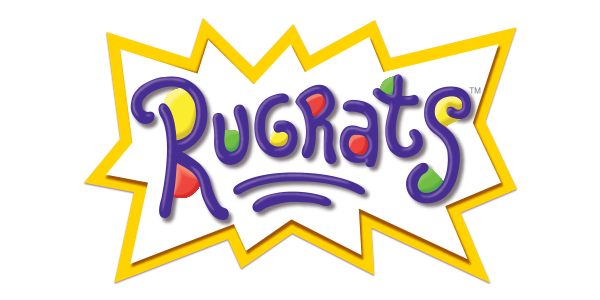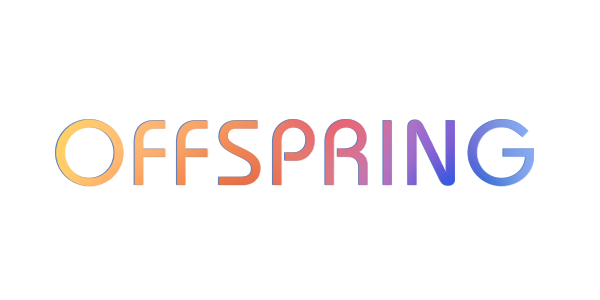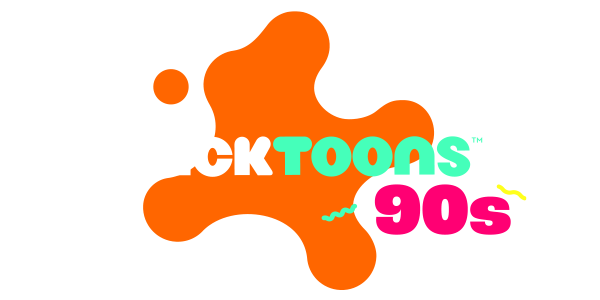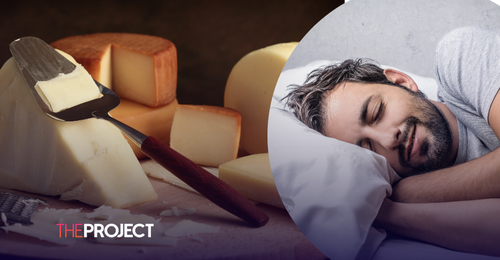The study published in Sleep Medicine discovered a link between eating cheese and developing sleep apnea.
Researchers analysed data on 400,000 people enrolled in two databases: the UK Biobank in Britain and the FinnGen Biobank in Finland.
Using Mendelian randomisation, a process that uses genetic information to mimic a natural experiment, researchers found that people who ate cheese had a 28 per cent lower risk of developing the sleep disorder.
The researchers found that cheese could directly impact six of the 44 biomarkers linked with sleep apnea risk. This included aspartate aminotransferase, urea, cystatin C, sex hormone-binding globulin, testosterone and diastolic blood pressure.
“This study highlights the complex connections between diet, biomarkers, and sleep apnea,” the authors wrote.
“Sleep apnea is a condition where people have repetitive stoppages of breathing throughout the night,” sleep medicine physician with Weill Cornell Medicine told Health.
“This is not something which is really dangerous over the course of one night, but over the course of many nights, it prevents the body from getting the rest that it needs.”
“It's a very pro-inflammatory situation, so what tends to happen is, because the sleep is so disrupted, blood pressure goes up, heart rate goes up. Over time, these things can lead to heart disease, stroke, diabetes, and weight change.”
Health experts are surprised that a high-calorie, high-fat food like cheese may reduce the risk of the condition.
“This underscores the importance of looking at foods neither as ‘good’ nor ‘bad,’ but instead taking a more measured and neutral approach to our nourishment,” clinical psychologist specialising in behavioural sleep medicine Daniella Marchetti told Health.





























